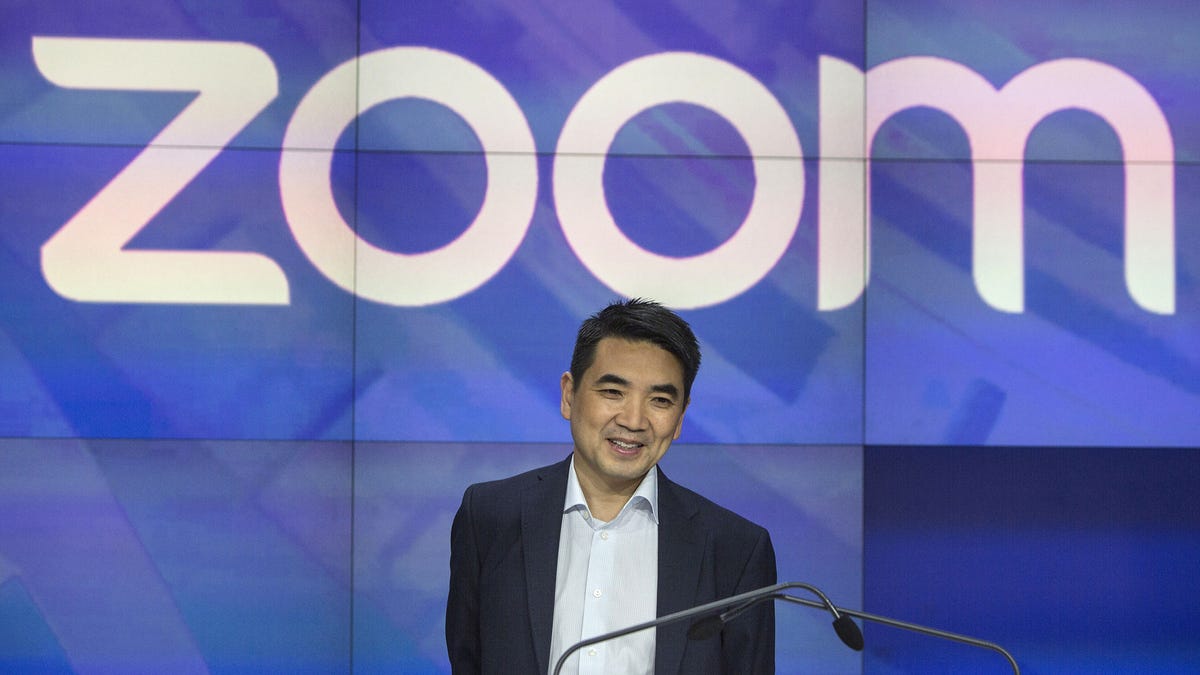- cross-posted to:
- tech@kbin.social
- cross-posted to:
- tech@kbin.social
Zoom, the videoconferencing platform that profited substantially from remote work during the pandemic, is now asking employees to return to the office. Its CEO, Eric Yuan, claims Zoom meetings don’t let people build trust or be innovative.
[…]
Yuan explained that trust is essential “for everything,” and he finds it hard to build not only that but also innovation and debates over Zoom.
“Quite often, you come up with great ideas, but when we are all on Zoom, it’s really hard,” Yuan said, according to Insider. “We cannot have a great conversation. We cannot debate each other well because everyone tends to be very friendly when you join a Zoom call.”



My guess: This guy, and all his rich friends have a ton of money invested in commercial real estate. He’s putting his own interest before the interest of his company. The more people work from home the better for Zoom, but the worse off he and his rich friends are.
Or it’s a way to lower the head count without doing layoffs. The problem with doing it this way of course is that you’ll lose your best employees.
They don’t care. They think once the initial build is complete you only need junior devs to maintain.
Wow that’s pretty cynical. Is it so hard to believe someone might not want their influence on the world to be negative?
People say that way of thinking is cynical, but I have worked in the system implementation and system consulting arms of EDS, IBM, and Accenture and that assumption (that the whole thing can be maintained by junior devs one the initial build is complete) is actually how middle managers within client companies have to budget their transition from “build” into “business as usual” stage so that senior managers approve the system implementation/migration.
While the concept that it takes specialized knowledge and experience is true, not having means to retain experience means that it will be chaos some six months down the road when some manager wants to do an enhancement as none of the juniors will understand why certain design choices were made and the implications on the rest of the architecture